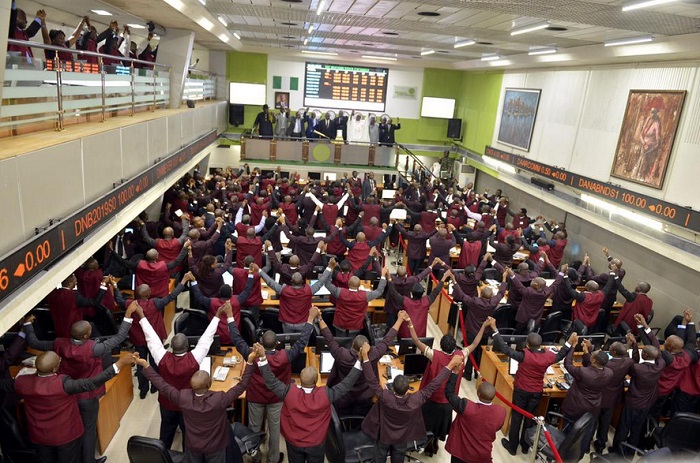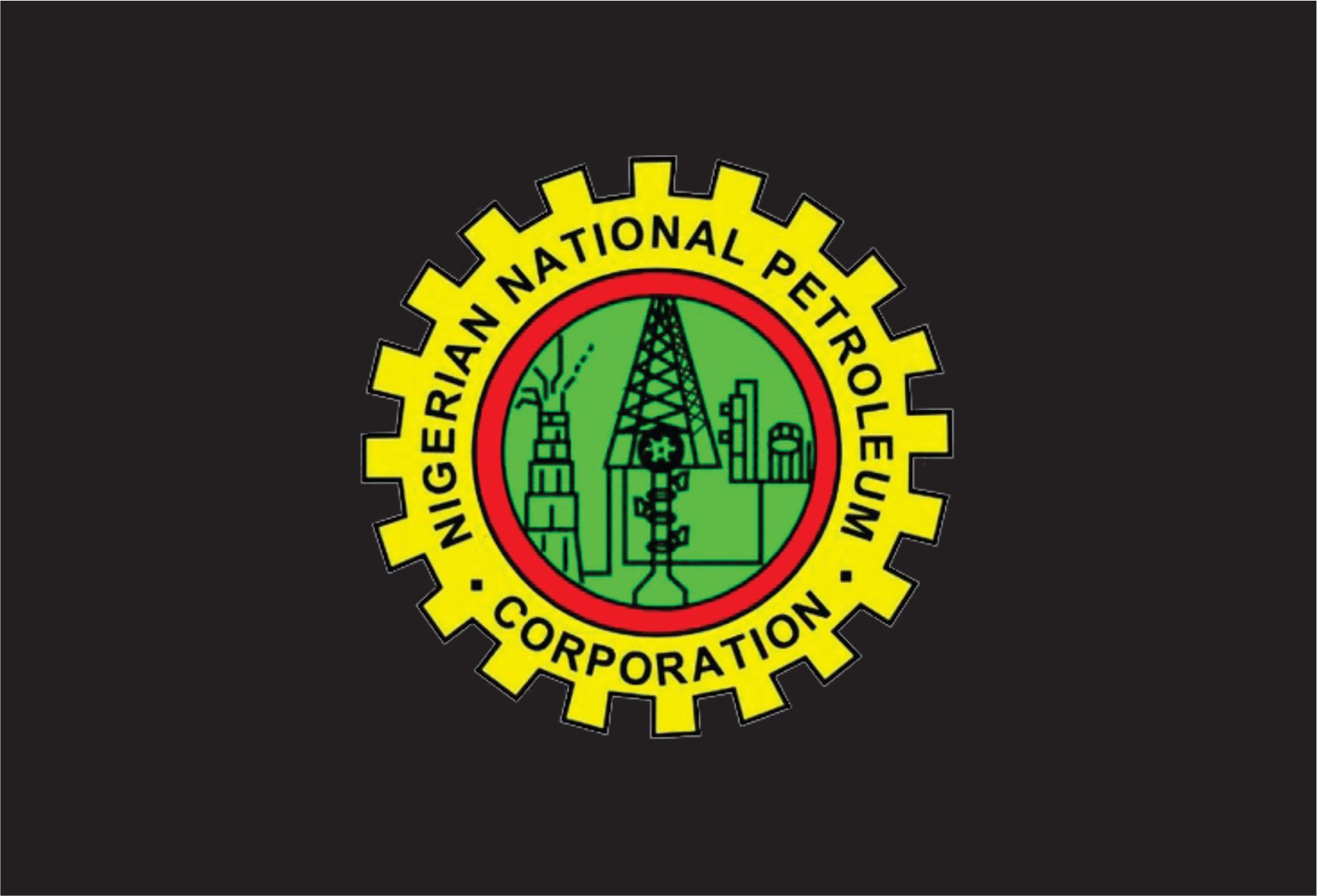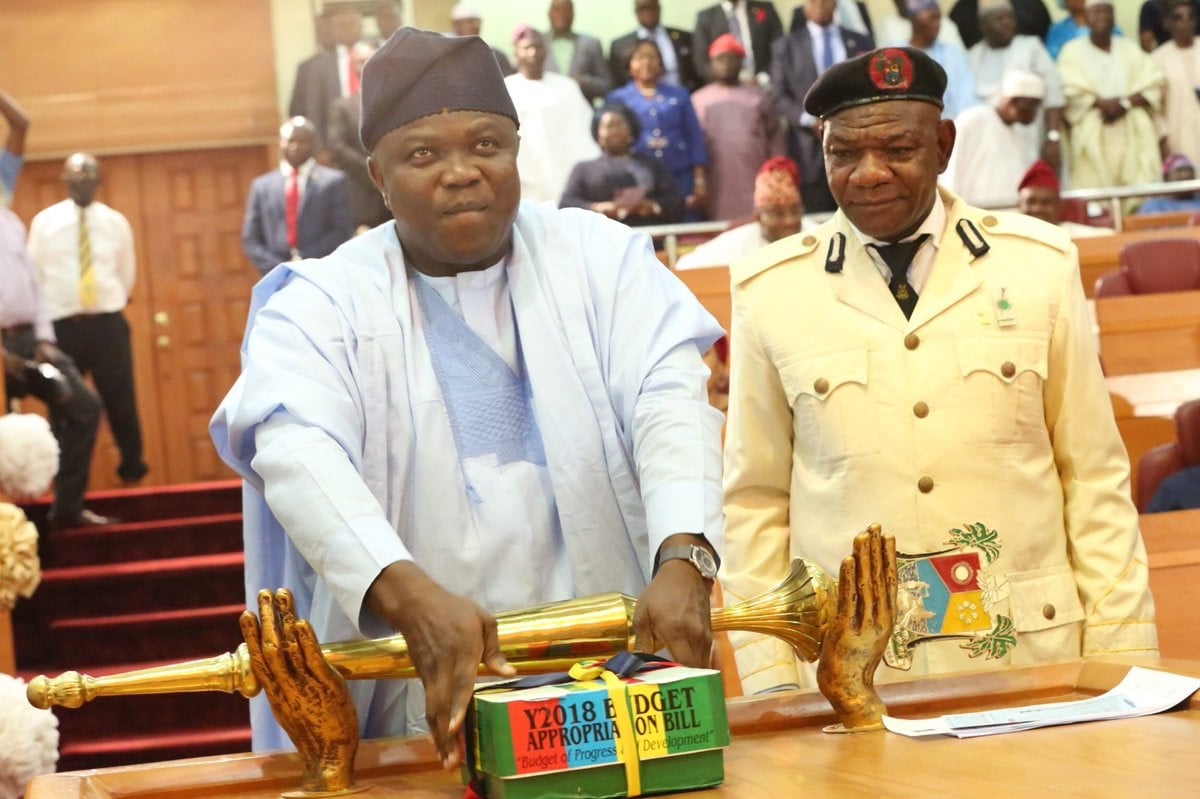Brokers and dealers hail the President during his visit to the Nigerian Stock Exchange in Lagos, March 12
The equities market, like the rose plant, is offering both roses and thorns at a time. It is possible to enter the market and find it to be full of roses while somebody else gets in and feels the pain of piercing thorns. The difference is the varying degrees of impact of the economic climate on businesses – some being worse hit than others and some with greater capacity to adapt than others. Whether you get roses or thorns depends on what you buy and when you enter.
The market, like almost everything else in economy, has over time become externally dependent. Whether equities will look up or down depends on what foreign portfolio traders are doing – whether they are entering the market or leaving and whether they are buying a particular stock or selling off.
The traders, themselves are continually reading the temperature of the foreign exchange market to see that they draw the high returns the Nigerian market offers from the lowest risk position possible. They want to enter in stable foreign exchange market weather and leave before the storm of a falling naira.
It is a high risk-high return affair and the strategy is one of hit and run. Traders therefore wont enter a stock unless it is sufficiently liquid to guaranties a quick dumping anytime the foreign exchange market catches cold. If you entered a stock before the hit and run traders pick it up, you can be sure to get the roses: good heavens, life is sweet! You can be tempted to throw in the money kept in your custody.
Advertisement
That however is just one side of a slippery coin. You can as well enter a promising stock just before foreign portfolio traders begin a homeward run. Irrespective of its sound fundamentals, it will be trodden down; towering values meltdown to ground zero and thorns take the place of roses. A market of vanishing values you can name it!
Fiscal 2016 was quite tempestuous for the naira and foreign portfolio traders stayed away. That accounted for a drop of 8.5% in the all-share index of the Nigerian Stock Exchange to 26,215.35 at the end of 2016. The equities market is the largest source of foreign capital inflow into the Nigerian economy.
The measures taken in 2016 to stabilize the foreign exchange market did wake up foreign portfolio traders in the equities market in 2017. This has given the market an upbeat so far in the year with a year-to-date advance of 41.2% in all-share index at the end of November.
Advertisement
When traders drive the stock market, demand and supply take the place of fundamentals in share price making. The hot money they play with demands an approach of hit and run. These high returns seeking traders are averse to the risk of exchange rate losses as well as foreign remittance restrictions because they place their capital stock to danger of being lost.
The risk and return relationship that propels their entry into Nigeria has shifted from high risk in 2016 to low risk in 2017. Portfolio traders are presently on a return phase of what has become a ‘come and go’ pendulum in the Nigerian equities market. The market is gaining capital inflow in a gradual reversal of the capital flight that began in 2015.
A reasonable level of recovery and stability in investment inflow is being recorded so far in 2017. This is the driving force of the improved stock market performance this year.
Success in the equities market depends on the understanding of the prevailing technical conditions. Equities with sound earnings fundamentals can lose great values when traders take a break or leave. Others with poor fundamentals but liquid could build great values when they return.
Advertisement
What otherwise was a long-term market for investors has transformed into a short-term market for traders. How good are a company’s fundamentals used to be the key consideration in where to invest. Now the main consideration is how liquid is a company’s stock. The market used to run with the patience of investors waiting for the maturity period for dividends. It is now driven by the impatience of high profit seeking hit and run traders.
A major issue of concern is the disregard of earnings fundamentals in share price making and the equally gradual disappearance of companies with sustainably good fundamentals. Instability in the operating environment is hurting companies big and small. There is hardly any companies that are unruffled by the exchange rate volatility the economy faces continually. Exchange losses hit many companies in 2016 and suddenly changed growing profits in interim reports into large profit drops or losses at full year. The number of companies able to grow profit consistently continues to decline.
The ability of companies to embark upon major earning capacity building programmes is constrained by high short-term interest rates as well as virtual freezing of credit windows. Weakening corporate earnings performance may therefore continue to linger on and that may continue to reinforce the downside risk for equities.
In the long run, share prices normally reflect both current and future earning capacities of companies but neither is quite promising for now. Current performance is constrained by operating difficulties and apparently no one is building capacity for the future.
Advertisement
Besides the back and forth swings of money into equities, traders and investors still need to see companies resume building of future earning capacity. How soon this could happen and to what extent depends on the regulatory policies and actions that govern the business and financial markets space.
Advertisement
Add a comment







